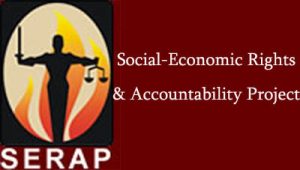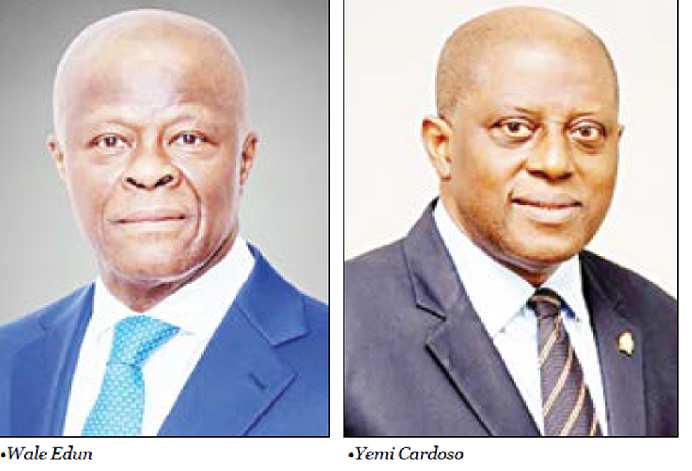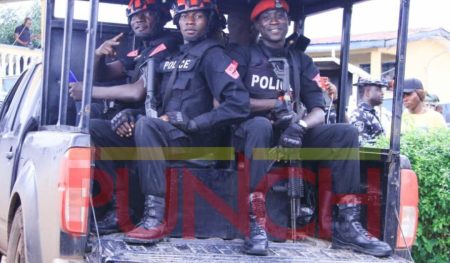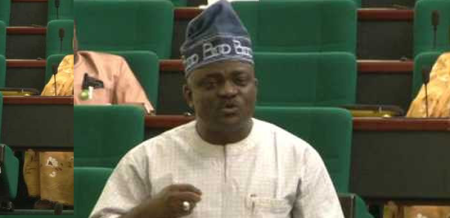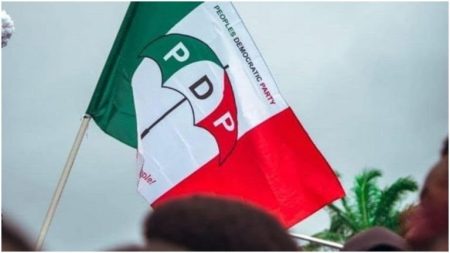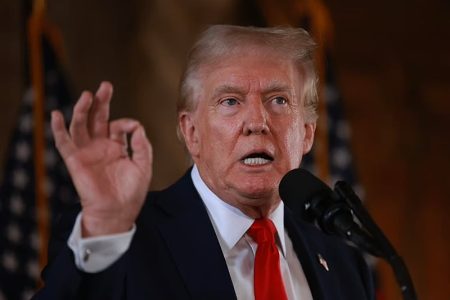Paragraph 1: Introduction
The Nigerian House of Representatives is set to scrutinize the financial practices of the Ministry of Finance and the Central Bank of Nigeria (CBN) in a bid to ensure compliance with fiscal regulations and address concerns about public asset management. The Joint House Committee on Public Accounts and Public Assets has summoned Finance Minister Wale Edun and CBN Governor Olayemi Cardoso to appear before it on Monday. This summons comes in response to allegations of non-compliance with the Fiscal Responsibility Act, 2007, and internal control weaknesses identified in the 2021 reports by the Office of the Auditor-General for the Federation. The committee’s investigation aims to determine the extent of financial liabilities arising from these alleged discrepancies and ensure accountability in the management of public funds and assets.
Paragraph 2: Allegations of Non-Remittance of Operating Surplus
A core issue under investigation is the alleged failure of several Ministries, Departments and Agencies (MDAs), including the CBN, to remit or fully remit their operating surpluses to the Federation Account, as mandated by financial laws and regulations. The Fiscal Responsibility Commission (FRC) and the Office of the Auditor-General for the Federation (OAuGF) submitted reports detailing these alleged non-remittances over the past six years. The Joint Committee has requested the Finance Minister and CBN Governor to provide detailed information on the CBN’s remittance of operating surpluses in line with existing laws and regulations. This information will be crucial in determining the financial impact of the alleged non-compliance.
Paragraph 3: Importance of Fiscal Responsibility and Transparency
The Fiscal Responsibility Act, 2007, serves as a cornerstone of prudent fiscal management in Nigeria. It aims to ensure transparency, accountability, and sustainability in government finances. Remitting operating surpluses to the Federation Account is a critical aspect of this framework, allowing the government to consolidate revenue and allocate resources effectively for public services. Non-compliance with this provision undermines the principles of fiscal responsibility and can hinder the government’s ability to meet its developmental objectives. The committee’s investigation underscores the importance of upholding the tenets of the Act and ensuring that all MDAs, including the CBN, adhere to its provisions.
Paragraph 4: Internal Control Weaknesses and the Auditor-General’s Reports
Beyond the issue of operating surplus remittances, the Joint Committee is also examining internal control weaknesses within the CBN, as highlighted in the 2021 reports of the Auditor-General for the Federation. Robust internal controls are essential for preventing fraud, waste, and mismanagement of public resources. The Auditor-General’s reports serve as an independent assessment of the effectiveness of these controls within MDAs. By addressing the identified weaknesses, the government can strengthen its financial management systems and ensure greater accountability in the use of public funds.
Paragraph 5: Uncompleted Public Assets and Project Delays
Another area of concern for the committee is the alleged existence of fully paid-for public assets that remain incomplete and unused for years. The Auditor-General’s reports indicate that projects in Dutse, Abeokuta, and other locations, awarded between 2011 and 2016, are yet to be completed. This represents a significant loss of public investment and hinders the delivery of essential services to the citizens. The committee’s investigation seeks to determine the reasons for these project delays, hold responsible parties accountable, and ensure that these assets are brought into operation for the benefit of the public.
Paragraph 6: The Committee’s Mandate and Expected Outcomes
The Joint House Committee on Public Accounts and Public Assets plays a crucial role in overseeing government finances and ensuring accountability in the management of public resources. By summoning the Finance Minister and CBN Governor, the committee is exercising its oversight function and seeking to address critical issues related to fiscal responsibility, internal controls, and public asset management. The outcome of this investigation will likely influence policy decisions, strengthen financial regulations, and promote greater transparency in the management of public funds and assets in Nigeria. The committee’s findings will be closely monitored by stakeholders and the public, as they have significant implications for the country’s fiscal health and development.




